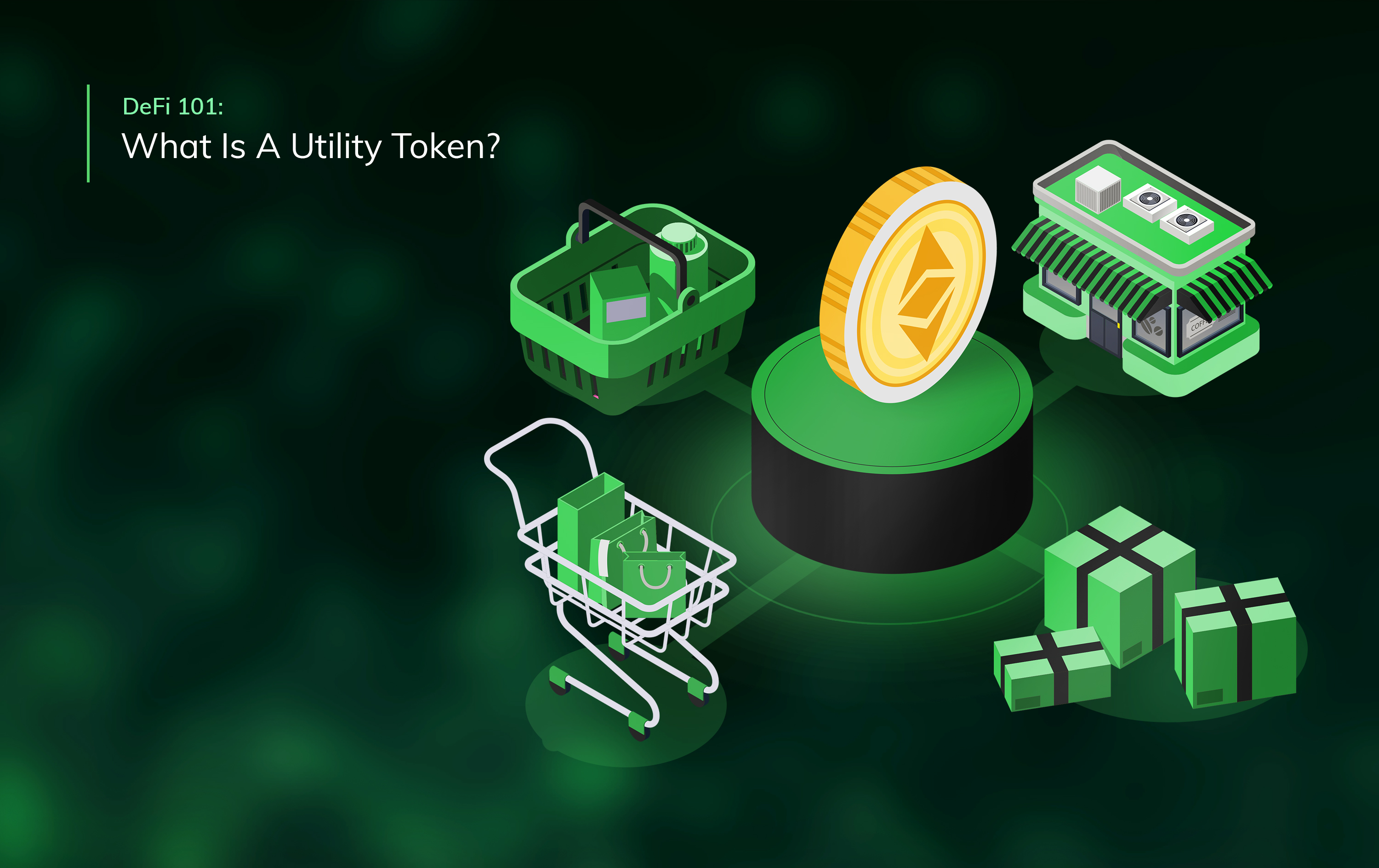What Is A Central Bank Digital Currency (CBDC), And Why Should You Care?
President Biden recently signed an executive order in the United States, tasking his government agencies to create a framework for cryptocurrency regulation.
The news hit the headlines for several reasons, but one detail caught our attention. Biden asked his team to explore the infrastructure required to issue a central bank digital currency (CBDC, for short).
Today, we’ll cover why this request, in particular, is so important — but let’s start with the big question.
What is a central bank digital currency?
A central bank digital currency is a digital token issued by a country’s central bank, with its value pegged to the national fiat currency.
In the case of China, the CBDC is the digital yuan. In the US, it could soon be a digital dollar (you may be thinking, ‘But doesn’t a digital dollar already exist?’ The answer is, ‘Kind of,’ but stablecoins like USDT and USDC are managed by companies, not countries).
At their core, CBDCs aim to boost financial inclusion and simplify monetary and fiscal policy. And as more economically developed countries move toward becoming cashless societies, digital currencies appear the natural progression.
That said — CBDCs are not without their challenges. Which is why governments are taking the time to understand how they’ll affect the economy, existing financial networks, and overall financial stability.
First, we’ll consider the assumed benefits of CBDCs; then, we’ll turn to the potential pitfalls of tokenized cash.
What are the benefits of CBDCs?
Given Joe Biden’s recent executive order, we’ll look at why the United States might want to introduce a CBDC.
Even in an economically developed country like the USA, some 5% of adults don’t have a bank account. And even among those with an account, 13% have to fall back on expensive financial services like payday loans and cash-checking services.
A CBDC makes it easier for the government to give the unbanked a means to store and manage money. And CBDCs can provide people with access to better value financial services, including credit lines and ways to transfer money.
They also reduce the cost of cross-border transactions by simplifying distribution systems, making remittances much cheaper. In essence, CBDCs eliminate the cost and complexity of money management while bolstering security.
So — what’s the concern? Let’s look at the possible disadvantages of issuing a central bank digital currency now.
What are the disadvantages of CBDCs?
While the benefits are many, CBDCs are not a silver bullet.
The first challenge is — no one really knows how a digital currency will impact the financial structure of a country.
Many people still rely on cash, so taking a step that could remove it from circulation could have drastic second-order effects. Similarly, who knows how banking reserves, interest rates, and general financial services should adapt to such a seismic shift.
From the consumer perspective, individuals will also have to get comfortable knowing governments can see a lot more of their transaction history.
After all, digital tokens are, by their nature, traceable. So while governments may issue a digital currency believing the general public will embrace the benefits, there’s always the risk of blowback due to privacy concerns.
Then, there’s the question of security. Yes, CBDCs can make money more secure, but hacks are commonplace with cryptocurrency. And a CBDC will attract interest from thieves and malicious nation-states alike.
Even the most technically sophisticated countries will have their work cut out to ensure digital currency reserves remain safe.
All said — CBDCs are inevitable
With cryptocurrency adoption rising, it’s hard to believe most countries will not issue a central bank digital currency soon enough.
China already has (as have nine other countries and territories, including Nigeria, The Bahamas, and parts of the Caribbean). The United States has taken a significant first step. India has announced a digital rupee will arrive sometime next year.
CBDCs will play a significant role in everyone’s finances in the next few years, which is why everyone should take the time to learn what they are.




